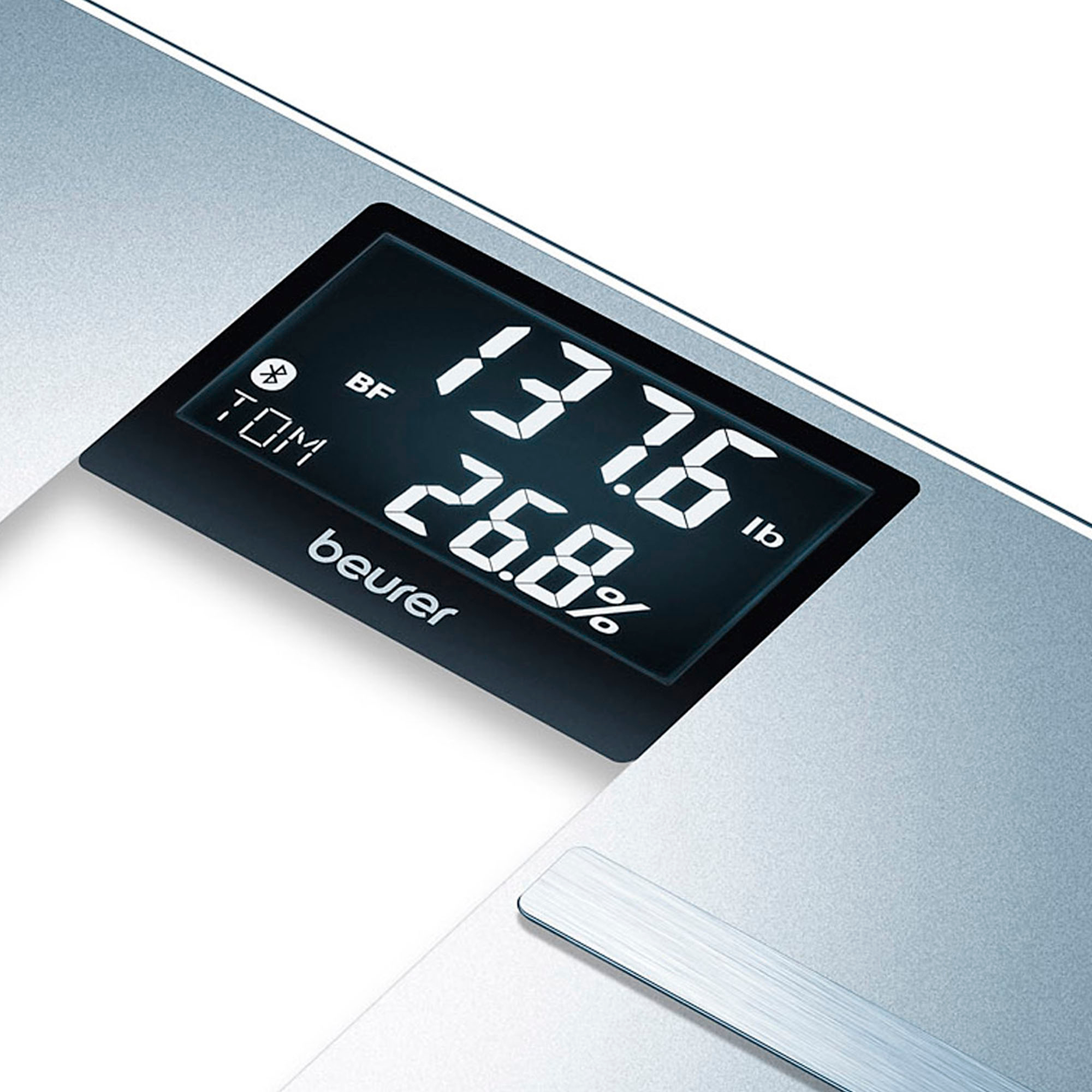What is Decoding Body Language Reviewed
What is Decoding Body Language Reviewed
Blog Article
In today’s world, where relationships go beyond words, learning about behavioral body reading is becoming an essential skill for professionals and anyone who wants to understand human nature.
Whether you’re curious about psychology or already familiar with body reading, this complete guide will give you valuable insights.
Keep reading to discover what body reading can reveal about people. By the end, you’ll know how to avoid common mistakes when reading body language.
The Importance of Body Analysis
Character traits body analysis gives you an unspoken dimension of communication, helping in professional settings.
Coaches apply body reading techniques to guide clients.
Ultimately, reading body language empowers you to lead with insight.

Different Approaches to Body Analysis
Some practitioners focus on movement patterns, reading how the body carries itself to uncover emotional states or stress responses.
Behavioral body analysis also includes microexpressions, which can reveal momentary emotions even when someone tries to hide their feelings.
Learning diverse approaches also helps you avoid bias by relying on multiple signals instead of a single interpretation.

Body Analysis in Practice
These small signals may indicate defensiveness, offering clues beyond their spoken words.
Coaches rely on physical cues to adjust their approach, noticing when a client feels blocked or energized.
The more you observe, the more intuitive your understanding becomes, allowing you to respond thoughtfully and authentically.
Common Myths About Body Analysis
A frequent misconception about behavioral body reading is that it’s a fixed system for knowing what someone feels or thinks. In reality, physical cues must be interpreted within context.
Another myth is that character traits body analysis can fully define a person’s personality just by looking at them. While physical traits may correlate with tendencies, they don’t determine every behavior or choice.
A third misunderstanding is that body analysis is only useful for professionals like psychologists or detectives. In truth, these skills benefit anyone seeking better communication and awareness.
The Body Explains: A Modern Approach
According to this model, body posture may point to unconscious defenses.
This approach isn’t about fixed rules but about noticing patterns and opening dialogue around them.
This integrative method links personal growth, offering a holistic view of human development.
Ethics in Character Traits Body Reading
It’s important to approach body reading as a tool for empathy and understanding, not as a weapon for persuasion or power.
Practitioners need cultural humility and awareness to avoid imposing biased interpretations.
Ethics in body reading means creating a safe, respectful environment where observation fosters growth, not shame.
Developing Body Reading Skills
Keep a journal to record patterns you observe, linking them to possible emotions or attitudes.
Reading books or attending workshops on body language provides structured knowledge and frameworks.
As you develop body analysis skills, aim to balance intuition and evidence.

Conclusion: Is Body Analysis Right for You?
From observing muscle tension to linking body structure with personality, this skill enriches both personal and professional life.
Each pathway invites us to notice the wisdom carried in our bodies and how it shapes interactions.
If you’re ready to apply these insights, consider observing people intentionally.
Frequently Asked Questions About Behavioral Body Analysis
How do you define body analysis?
Body analysis is the practice of observing physical traits, posture, gestures, and movements to gain insights into personality, emotions, and behavioral patterns.
Do you need special skills to practice body analysis?
Like any skill, body analysis improves with experience, study, and reflection over time.
Does body analysis always reveal the truth?
No single gesture or trait offers complete truth; ethical practice involves humility and openness to complexity.
How can I use body analysis professionally?
Many industries benefit from understanding nonverbal cues for better collaboration and empathy.
How is body analysis different from reading body language?
Think of body analysis as a broader umbrella, with body language reading as one component of it.
visite o link saiba mais Report this page